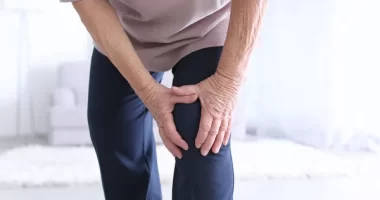Summery temperatures have brought people outside during June, following a disappointing chilly May. The mercury has hovered around 25C for the last week or so, not too hot or cold for most Sunseekers. But if the heat spikes as it did in 2020, people will want to keep an eye out for potential symptoms of heatstroke.
Are heatstroke and heat exhaustion the same?
Summer heat can mess with the body’s ability to regulate temperatures.
High temperatures and humidity, combined with any strenuous activity, can result in heat exhaustion or heatstroke.
They aren’t the same condition, however, as heat exhaustion comes first.
Overheating that leads to heat exhaustion is easier to correct and not life-threatening.
Symptoms include:
- Headaches
- Dizziness and confusion
- Loss of appetite
- Nausea
- Pale, clammy skin
- Excessive sweating
- Fast pulse or breathing
- High temperature (38C+)
- Excessive thirst

According to the NHS, people need to cool down quickly to avoid more severe consequences.
Anyone with heat exhaustion should move to a cool place, lie down, raise their feet, drink cold water, and cool their skin.
They also need to stop all activity and rest until they start to cool off.
These methods should allow people to cool down within 30 minutes.
If they remain hot, the symptoms persist, or their temperature increases, heat exhaustion can evolve into heatstroke.
Heatstroke is a dangerous condition that can end up fatal if left untreated.
Symptoms include:
- Persistent symptoms of heat exhaustion after resting
- Not sweating despite overheating
- A higher temperature (40C+)
- Shortness of breath
- Fast breathing
- Confusion
- Seizures
- Loss of consciousness
- Unresponsiveness
The NHS recommends people call the NHS if they think someone they know has heatstroke.
Some people are more at risk of developing both conditions during hot weather.
They include the very old or very young, obese people, and those on prescription medications for blood pressure or their heart.
Sudden temperature changes and a high heat index also indicate a higher risk of heatstroke.
Post source Daily Express







